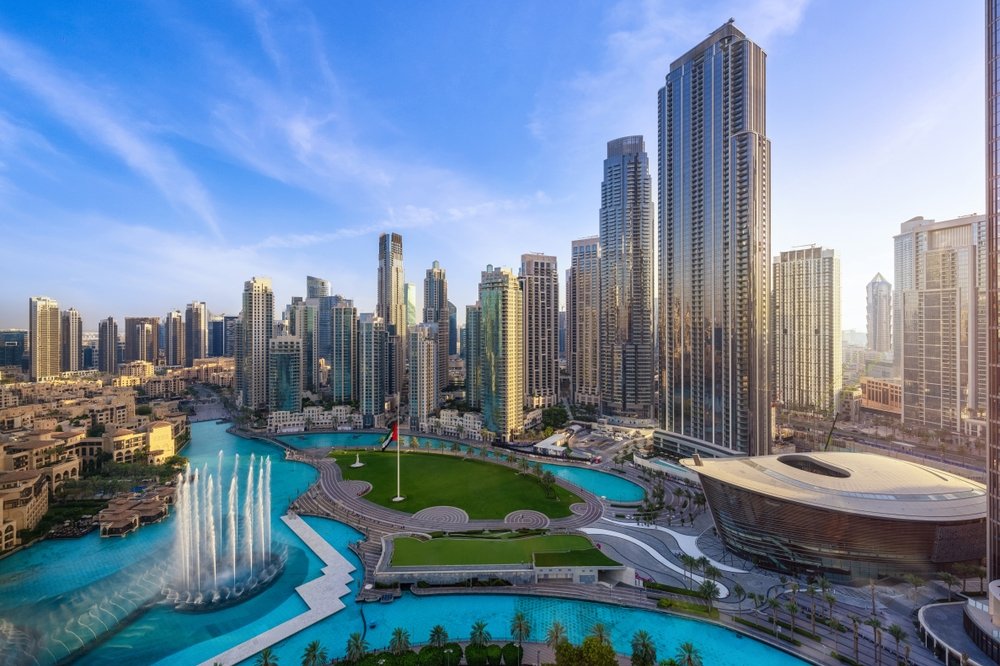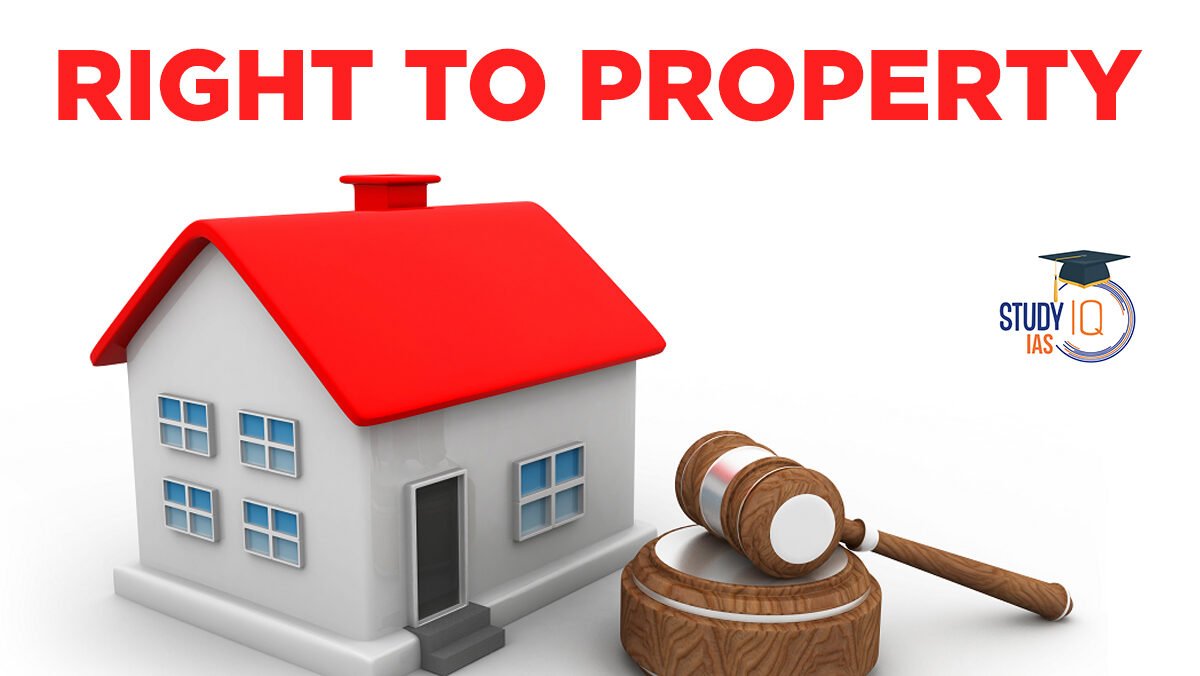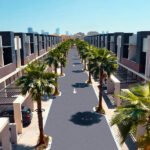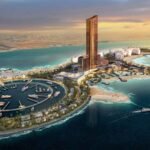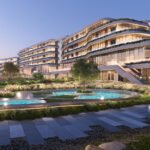Now Reading: “10 Groundbreaking Smart City Projects Making Dubai a Global Tech Giant”
-
01
“10 Groundbreaking Smart City Projects Making Dubai a Global Tech Giant”
“10 Groundbreaking Smart City Projects Making Dubai a Global Tech Giant”
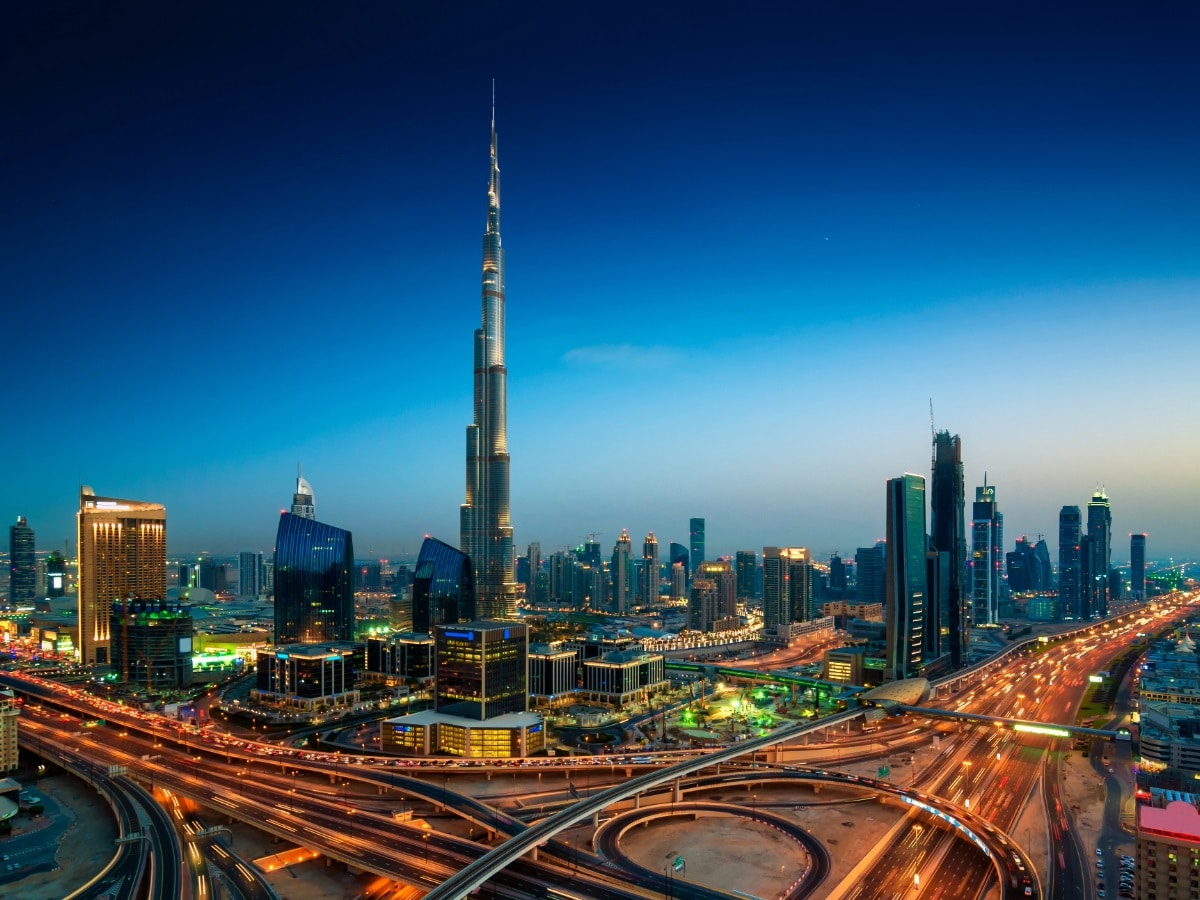
Table of Contents
Dubai, once known for its towering skyscrapers and luxury lifestyle, is now making global headlines for another reason—becoming one of the world’s most advanced smart cities. The Dubai government has invested billions of dollars into futuristic projects that aim to improve urban living, attract investors, and create a sustainable, technology-driven economy. These efforts are not just reshaping the city but setting a global benchmark for innovation and smart infrastructure.
Here are the Top 10 Smart City Projects that are driving Dubai’s transformation into a global innovation hub:
1. Dubai Smart City Vision 2025
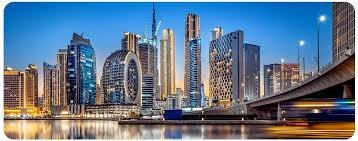
At the heart of all developments is Dubai’s ambitious Smart City Vision 2025. This master plan aims to transform Dubai into the smartest city in the world by using Artificial Intelligence (AI), Blockchain, Big Data, and the Internet of Things (IoT) across all sectors—from healthcare to transport and education. Over 1,000 smart services are being rolled out under this vision, improving city life and enhancing efficiency.
2. Dubai Blockchain Strategy
Dubai is set to become the world’s first city fully powered by blockchain technology. Through the Dubai Blockchain Strategy, all government documents—ranging from visa applications to utility bills—will be secured and stored on blockchain networks by 2030. This not only ensures transparency but also saves an estimated $1.5 billion annually in document processing costs.
3. Smart Police Stations (SPS)
The Dubai Police have introduced fully automated Smart Police Stations where residents and tourists can report crimes, file complaints, and even pay fines—without interacting with human officers. Open 24/7, these stations ensure safety and convenience, reducing the burden on traditional police services.
4. Dubai Autonomous Transportation Strategy
Dubai’s transportation sector is undergoing a revolution. The city plans for 25% of its transport to be autonomous by 2030. Projects include driverless taxis, self-driving metro pods, and drones for cargo delivery. These initiatives are expected to cut transportation costs, save time, and reduce accidents.
5. The Museum of the Future
A shining example of Dubai’s tech-driven vision, the Museum of the Future is more than just an architectural marvel. This interactive space focuses on AI, space travel, robotics, and sustainable energy solutions. It serves as a testing ground for futuristic technologies that could shape not just Dubai but the entire world.
6. Dubai Data Initiative
Data is the new oil, and Dubai knows it well. The Dubai Data Initiative aims to make 100% of government data available for public and private use. By enabling businesses, researchers, and developers to access massive datasets, this project fuels innovation in healthcare, finance, tourism, and other sectors.
7. Sustainable City Project
Dubai is leading sustainability efforts with The Sustainable City, a fully operational eco-friendly urban area powered by solar energy. It includes energy-efficient homes, waste recycling facilities, and car-free zones. This project is a model for future cities that combine luxury living with environmental responsibility.
8. Dubai IoT Strategy
Dubai has launched an extensive Internet of Things (IoT) Strategy, aimed at connecting over 100 million smart devices across the city. From traffic lights that adjust to real-time congestion to smart energy grids that reduce electricity wastage, the city is embracing IoT to enhance everyday life.
9. Dubai Silicon Oasis (DSO)
Dubai Silicon Oasis is a technology park designed to attract global tech firms and startups. The area offers state-of-the-art labs, co-working spaces, and funding for AI, blockchain, and robotics companies. DSO is also home to Dubai Digital Park—the Middle East’s first integrated smart city, offering high-speed 5G connectivity and smart residential units.
10. Hyperloop Dubai Project
Imagine traveling from Dubai to Abu Dhabi in just 12 minutes. The Hyperloop project, a partnership between Virgin Hyperloop One and Dubai, aims to turn this into reality. This ultra-fast transportation system will revolutionize intercity travel and position Dubai as a global leader in mobility technology.
The Impact: Why These Projects Matter
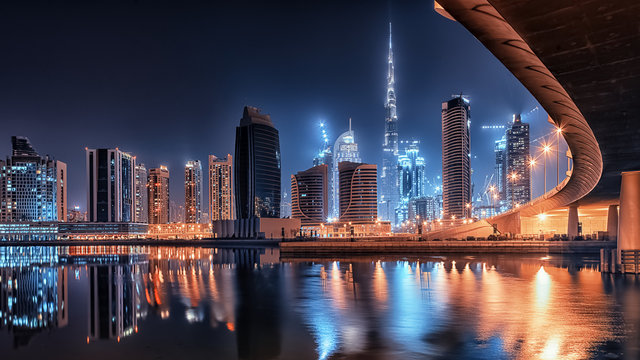
These 10 smart city projects are not merely technological showcases—they are making life better for millions of residents and visitors. Dubai’s smart initiatives are improving energy efficiency, reducing traffic congestion, lowering carbon emissions, and increasing public safety.
Moreover, by embracing these technologies early, Dubai is attracting billions in foreign investments, creating thousands of new jobs, and becoming a global testbed for future city technologies.
Challenges on the Road Ahead
While Dubai’s smart city vision is impressive, challenges remain. Data privacy, cybersecurity, and the need for skilled tech workers are critical issues that must be managed carefully. However, the government’s proactive approach and partnerships with global tech giants like Microsoft, IBM, and Siemens give confidence that these obstacles can be overcome.
Conclusion: Dubai’s Smart Future Is Now
Dubai is not just planning for the future—it is building it today. From blockchain to driverless transport, from IoT to sustainable living, the city is setting an example for the rest of the world. As these smart projects reach completion over the next decade, Dubai will likely become the blueprint for other cities looking to embrace digital transformation and sustainability.
In the coming years, all eyes will be on Dubai—not just as a luxury destination but as the world’s smartest and most innovative city.
Read More:- Portugal’s Dama Art Gallery Takes Global Lead in Art Movement Now 2025



